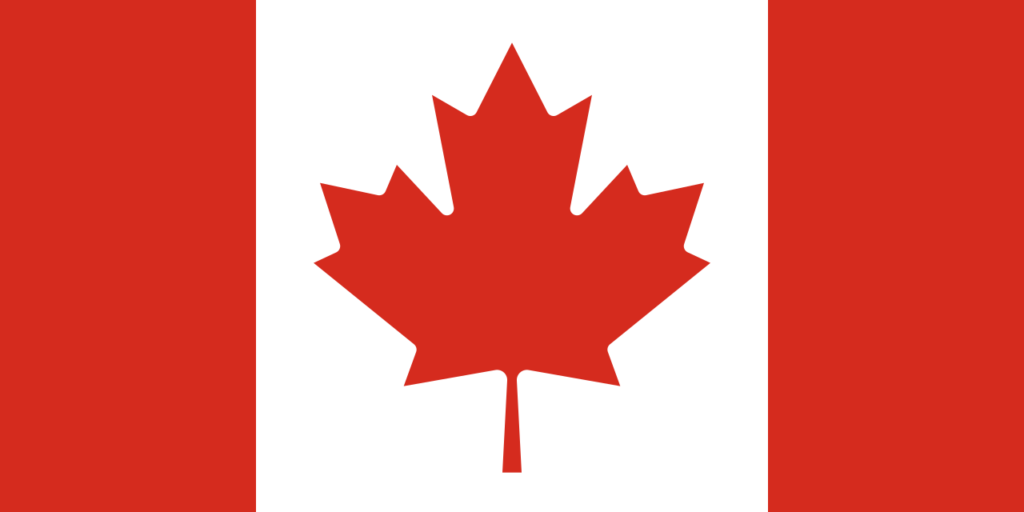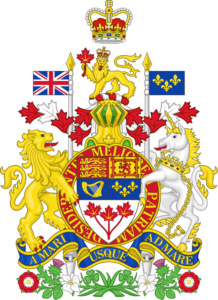
Chad G. Peters
Choosing the best country in the world for LGBT individuals to live is a complex task, as it involves considering a myriad of factors ranging from legal rights to social acceptance. Different countries exhibit varying degrees of progress in creating an inclusive environment for the LGBT community. In this exploration, we will delve into several key aspects that contribute to the overall experience of LGBT individuals in different nations.One critical aspect to examine is legal protection. Several countries have made significant strides in ensuring equal rights for the LGBT community through legislative measures. For instance, countries like Canada, Sweden, and the Netherlands have implemented comprehensive anti-discrimination laws that protect individuals based on sexual orientation and gender identity. In these nations, same-sex marriage is legal, and there are robust legal frameworks to safeguard the rights of LGBT individuals in various aspects of life.Moreover, the legal recognition of transgender rights is another vital factor. Countries such as Argentina and Denmark have been praised for progressive policies that enable individuals to change their legal gender without undergoing invasive medical procedures. The existence of legal mechanisms for gender recognition contributes significantly to the well-being of transgender individuals.Social acceptance is equally crucial in determining the quality of life for LGBT individuals. While legal protections provide a foundation, societal attitudes play a significant role in shaping the everyday experiences of the community. Countries like Iceland and New Zealand are often cited as places where societal acceptance is high, and the LGBT community is embraced with open-mindedness. A supportive social environment can positively impact mental health, relationships, and overall happiness.Access to healthcare is another key consideration. Countries that prioritize inclusive healthcare policies, such as the United Kingdom and Australia, often provide gender-affirming healthcare services for transgender individuals. Additionally, mental health support tailored to the needs of the LGBT community is essential, and countries with well-established healthcare systems may offer better resources in this regard.Education and awareness contribute substantially to fostering an inclusive society. Countries that incorporate comprehensive and inclusive sex education, such as Sweden and the Netherlands, tend to have more informed and accepting populations. When individuals are educated about diverse sexual orientations and gender identities from an early age, it can contribute to a more tolerant and understanding society.Economic factors also play a role in the overall well-being of LGBT individuals. Employment protections against discrimination based on sexual orientation and gender identity are crucial for fostering a sense of security. Countries that enforce these protections, such as the United States and Germany, often have vibrant LGBT communities that actively contribute to various sectors of society.
Despite these positive examples, it is important to acknowledge that challenges persist in every country, even in those deemed progressive for LGBT rights. Hate crimes, discrimination, and social stigma still affect individuals in seemingly tolerant societies. It is crucial to recognize that the experience of being LGBT varies widely even within a single country, as factors like geographical location, cultural background, and socioeconomic status can significantly impact an individual’s experience.